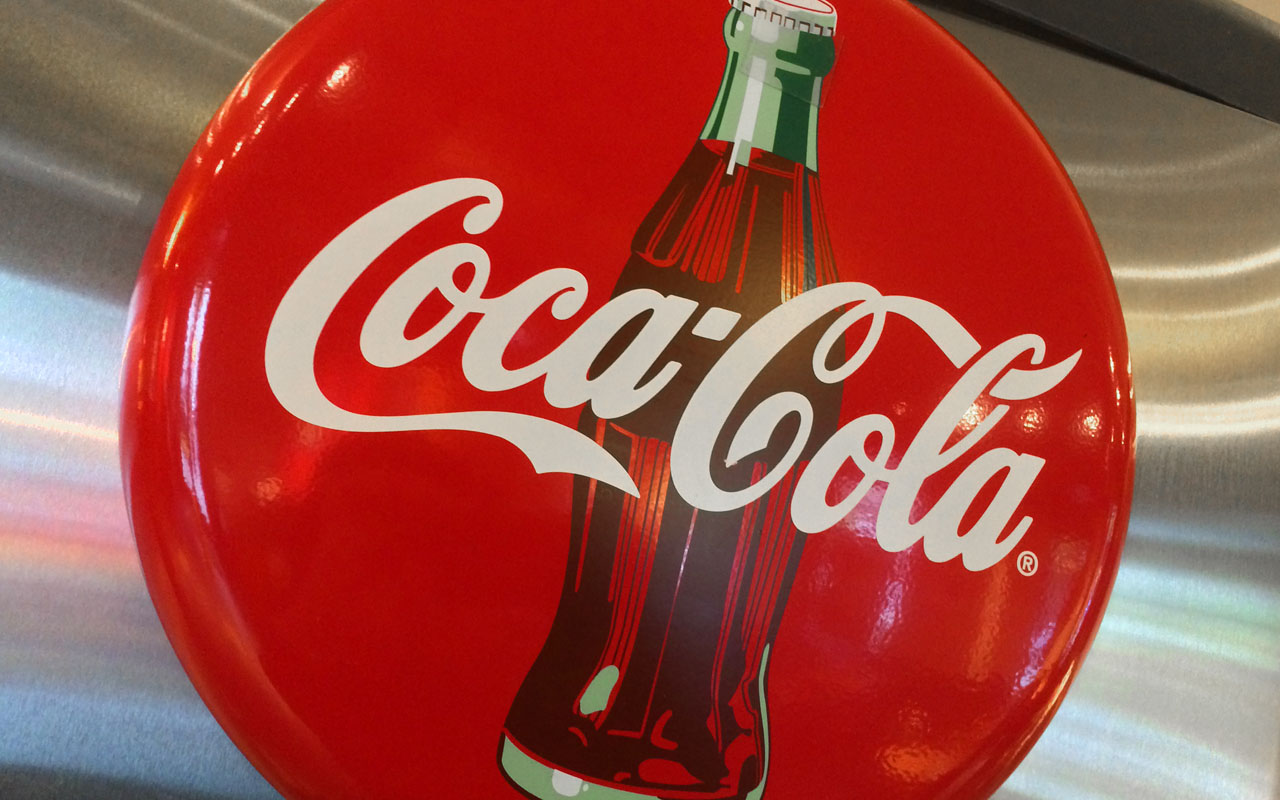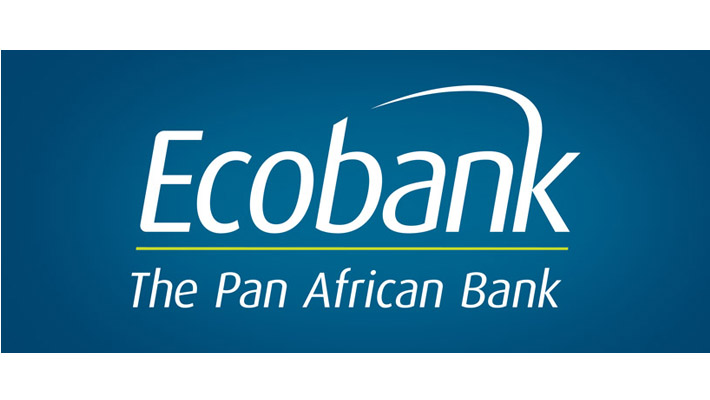…But has in eight African countries
Recently, the local arm of the United States soft drink giant, Nigerian Bottling Company Limited, the bottlers of Coca-Cola brands in Nigeria, announced the renewal of its commitment towards a more sustainable society through its social, economic and environmental initiatives.
However, the company was silent in establishing Polyethylene Terephthalate (PET) recycling industries in Nigeria which it has in recent times set up in eight other African economies like Kenya, Mozambique, Namibia, South Africa, Tanzania, Uganda, Zambia and Zimbabwe.
Globally, plastic contents and associated pollution have been identified the major threats to the global ocean and water bodies including drainages.
Since recently, some countries with strong environmental policies are banning single use plastic items and products.
Coca-Cola is driving the PET recycling campaign on the back of industry collaboration and funding kick-started by the company and its main bottling partner across Africa.
Currently, ‘World Without Waste’ is a Coca-Cola goal to help collect and recycle a bottle or can for everyone it sells by 2030 even as it plans to create packaging that contains at least 50 per cent recycled material by same year to begin use of less virgin material in future.
Business Hilights gathered in a statement that the company aims to make all consumer packaging 100 per cent recyclable by 2025.
Continuing, Coca-Cola says it is on track to spend a third of its $38 million pledge before the end of 2019 having agreed in December 2018 to invest $38 million over three years to stimulate Polyethylene Terephthalate (PET) plastic collection and recycling in Southern and East Africa as part of its local effort to achieving a global World Without Waste vision.
However, speaking at the recent unveiling of the NBC’s maiden Sustainability Report recently, the Public Affairs and Communications Director, Mr. Ekuma Eze, who was silent on PET recycling plant in Nigeria like other nine African countries, described the Sustainability Report as a compilation of NBC’s social impact and environmental stewardship in Nigeria over the last few years.
The report featured the impact of the company’s investment in different areas, which include youth and women empowerment, health, environment, human capacity building and education.
According to Eze, “Between 2012 and 2018, NBC invested over $1bn in the local economy and it’s poised to invest more in expansion and upgrade of our facilities across the country to boost production capacity and create employment for Nigerians.”
Continuing, the NBC’s Public Affairs and Communications Director noted that in line with the company’s 2025 sustainability goals, the company was already diversifying its energy sources, in a bid to ensure that it contributed to the Coca-Cola Hellenic Bottling Company group’s target to have a greater percentage of its energy coming from renewable and clean sources.
In her remarks, the Sustainability and Community Affairs Manager of NBC, Ms Ifeoma Okoye, averred that “As a responsible company, we ensure that our sustainability efforts are aligned with local as well as international standards. NBC has been setting annual improvement targets since 2004 and we are working towards the group’s ambitious 2025 sustainability goals.”
Still on PET recycling, only last month, Coca-Cola Beverages Africa in a statement said “World Without Waste is an ambitious global Coca-Cola goal to help collect and recycle a bottle or can for everyone it sells by 2030.”
“Coca-Cola has since the beginning of this year, together with its bottling partners has invested $5.125 million to boost recycling industries across eight countries.
“PET collection and recycling rates are steadily increasing. As a percentage of the PET plastic it sells, the Coca-Cola system in Southern and Eastern Africa is forecast to close 2019 with an average collection and recycling rate of 80 per cent, led by South Africa at 114 per cent,” it added.









